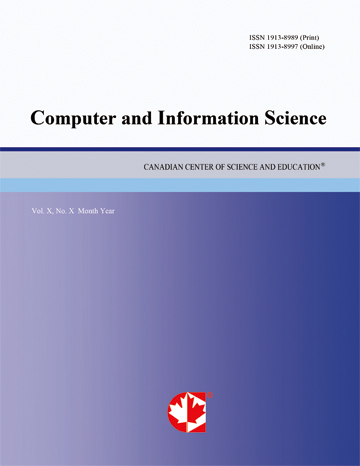Artificial Fish Swarm Algorithm-Assisted and Receive-Diversity Aided Multi-user Detection for MC-CDMA Systems
- Zhicheng Dong
- Wei Xiao
- Xiping Zhang
Abstract
Artificial fish swarm algorithm (AFSA) assisted multi-user detection (MUD) is proposed for the receive-antenna-diversity-aided multi-carrier code-division multiple-access (MC-CDMA) systems in frequency selective fading channel. Due to the receive-diversity, the signals received at the different antennas are faded independently, resulting in an independent objective function for each antenna. To resolve the multi-objective dilemma when choosing one signal estimation for multiple receive antenna-branches, the individuals associated with the AFSA are selected based on the concept of Pareto optimality, which uses the information from the antennas independently. Simulation results showed that: with the same computation complexity, the strategy has much better bit error rate (BER) performance than the convention one. Comparisons with the conventional multiuser detector and the decorrelator verified the effectiveness of the proposed scheme.
- Full Text:
 PDF
PDF
- DOI:10.5539/cis.v2n4p75
Journal Metrics
WJCI (2022): 0.636
Impact Factor 2022 (by WJCI): 0.419
h-index (January 2024): 43
i10-index (January 2024): 193
h5-index (January 2024): N/A
h5-median(January 2024): N/A
( The data was calculated based on Google Scholar Citations. Click Here to Learn More. )
Index
- BASE (Bielefeld Academic Search Engine)
- CNKI Scholar
- CrossRef
- DBLP (2008-2019)
- EuroPub Database
- Excellence in Research for Australia (ERA)
- Genamics JournalSeek
- GETIT@YALE (Yale University Library)
- Google Scholar
- Harvard Library
- Infotrieve
- Mendeley
- Open policy finder
- ResearchGate
- Scilit
- The Keepers Registry
- UCR Library
- WJCI Report
- WorldCat
Contact
- Chris LeeEditorial Assistant
- cis@ccsenet.org
